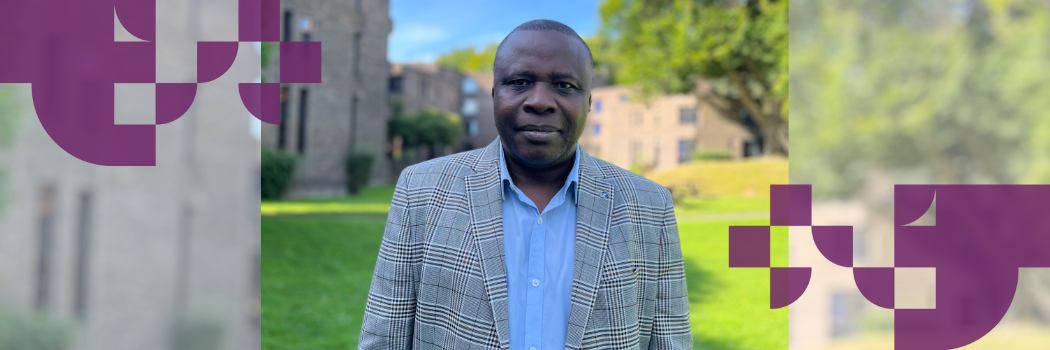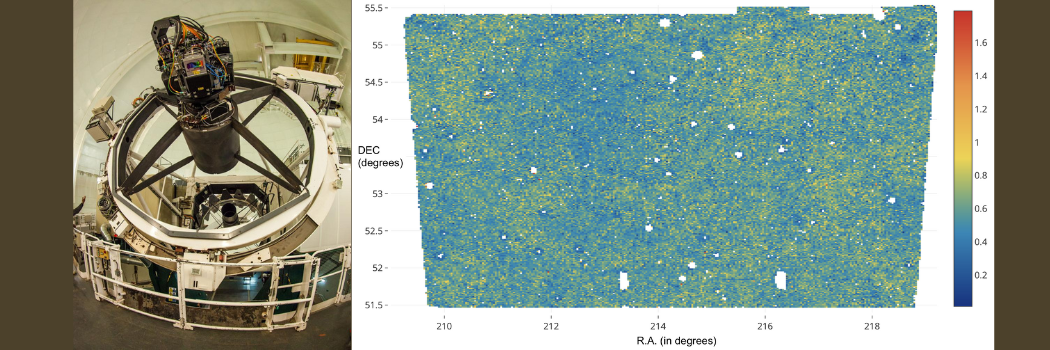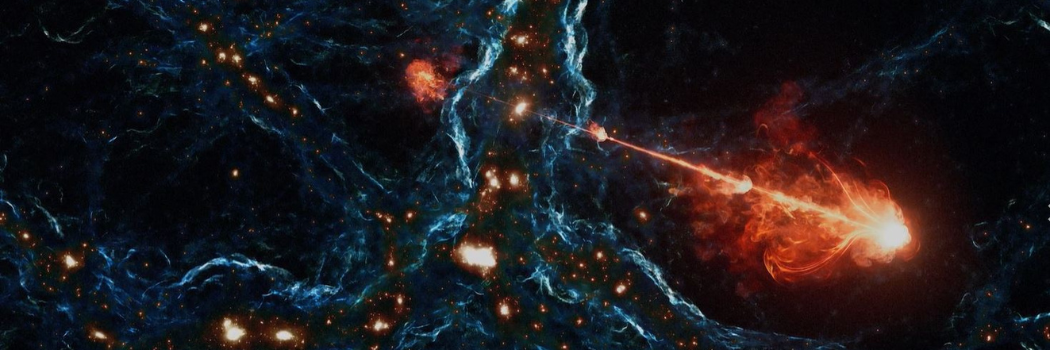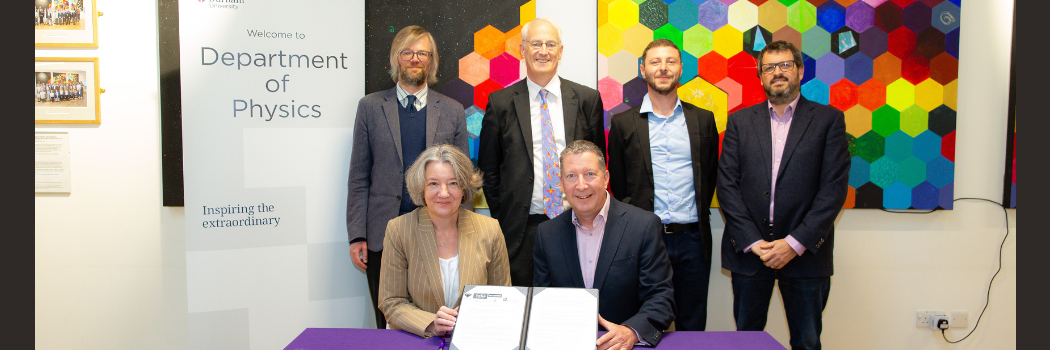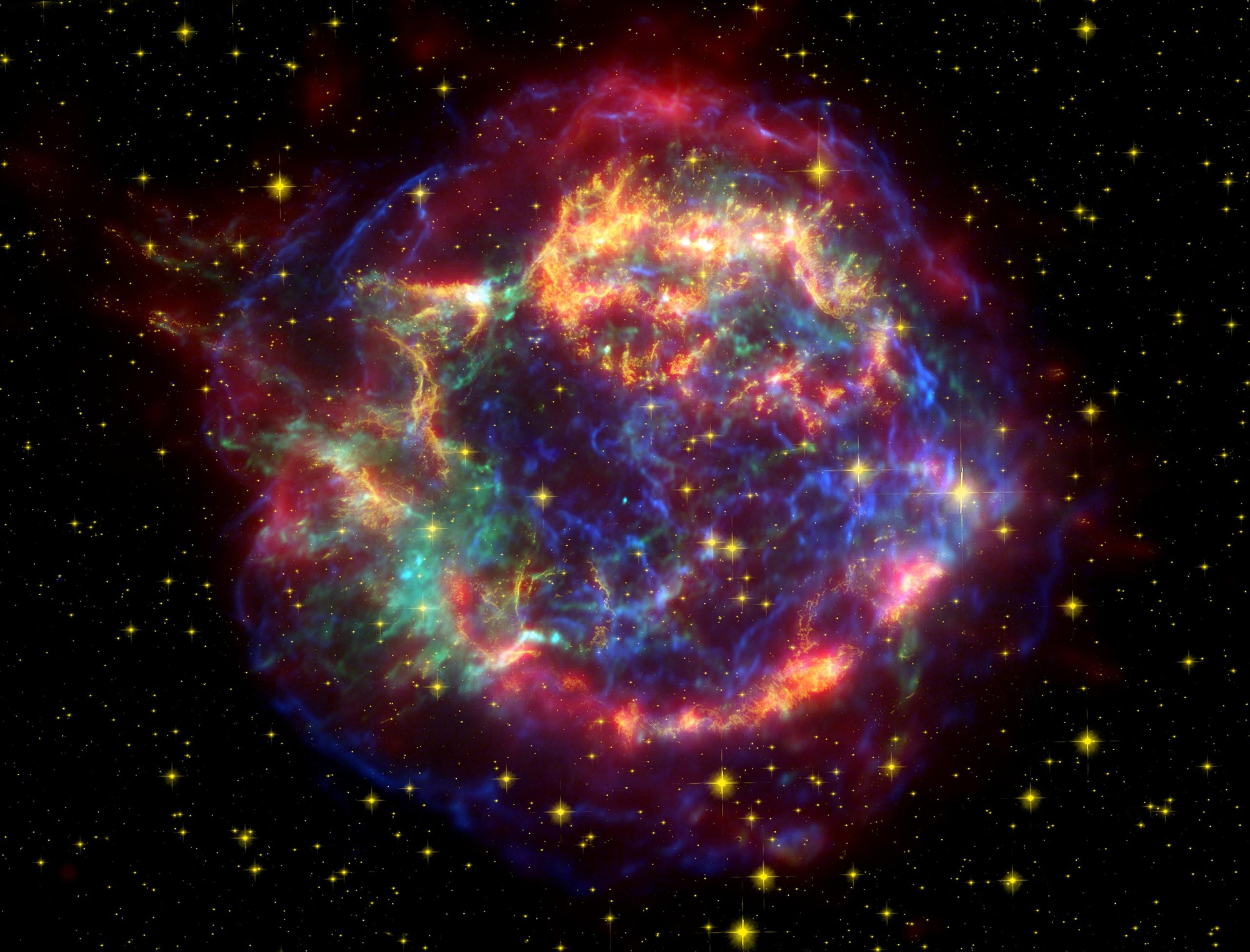Latest News
Many physicists argue the universe is fine-tuned for life – our findings question this idea
Post Doctoral Research Associate, Dr Daniele Sorini, from our Institute for Computational Cosmology, discusses new research which suggests our Universe may not be especially tailored for intelligent life after all.
New cosmic map supports Einstein’s prediction about gravity
Albert Einstein’s transformational prediction about how gravity behaves has been backed by an international team of researchers who studied how the force acts on cosmic scales.
Supercomputer simulations offer new explanation for the formation of Mars’ moons
Scientists from NASA and our Department of Physics have used supercomputer simulations to reveal that Mars’ moons may have been formed from destroyed asteroid fragments.
New model could calculate probability of intelligent life in our Universe and beyond
A team of astrophysicists, led by our Institute for Computational Cosmology, have developed a new model that could estimate how likely it is for intelligent life to emerge in our Universe and beyond.
Durham University to host the National Astronomy Meeting 2025
Leading scientists from the UK and around world will meet at Durham University next summer to present the latest in cutting-edge space research.
A new generation of telescopes will probe the ‘unknown unknowns’ that could transform our knowledge of the universe
Professor Richard Massey, from our Department of Physics, explores the potential of a new generation of telescopes.
Euclid reveals first images of its great map of the Universe
An international team of scientists, including those from our Department of Physics, are involved in a major space mission that has released five unprecedented new images of the Universe.
Winners of 2024 Physics Award for Excellence Announced
Congratulations to the winners of The 2024 Physics Award for Excellence this year’s winners are -
Strengthening global research partnerships through prestigious Fellowship
We’re strengthening relationships with researchers in India thanks to the awarding of a prestigious Royal Society Visiting Fellowship to our Physics Professor Adekunle Adeyeye.
Our Physics department plays key role in unveiling the universe’s secrets
Our top-rated Physics department has made significant contributions to an innovative international project that's shedding new light on the mysteries of our universe.
Astronomers discover largest black hole jets ever recorded in space
A Durham physicist is part of an international research team that has discovered the biggest pair of black hole jets ever seen in space, spanning 23 million light-years in total length.
Durham joins cutting-edge astronomical project BlackGEM
We have become part of an incredible space project called BlackGEM.


/prod01/prodbucket01/media/durham-university/departments-/physics/teaching-labs/VT2A9034-1998X733.jpeg)
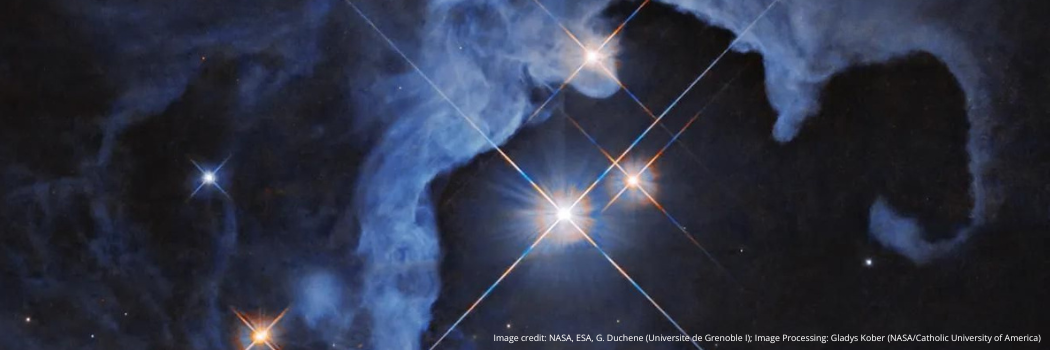
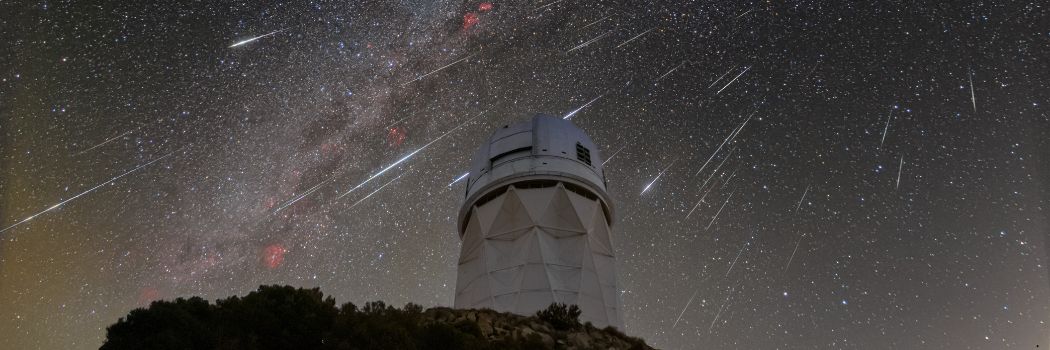
.png)
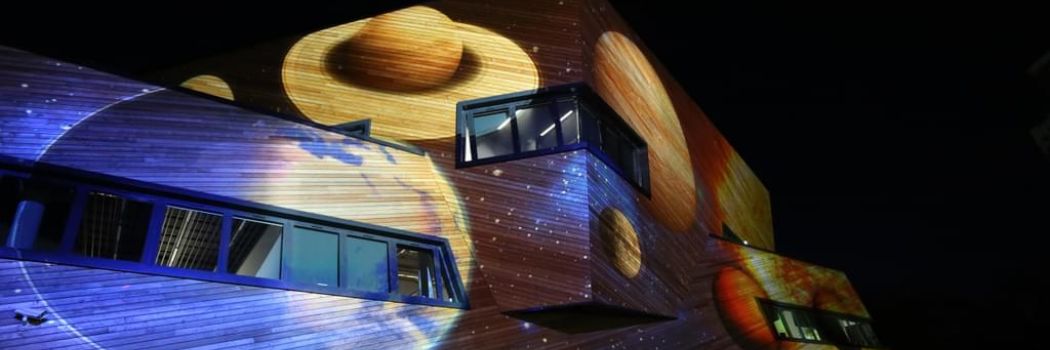
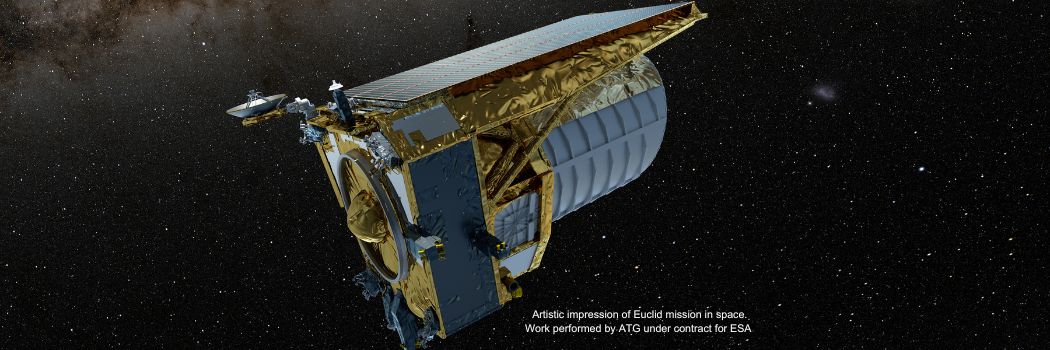
.png)

